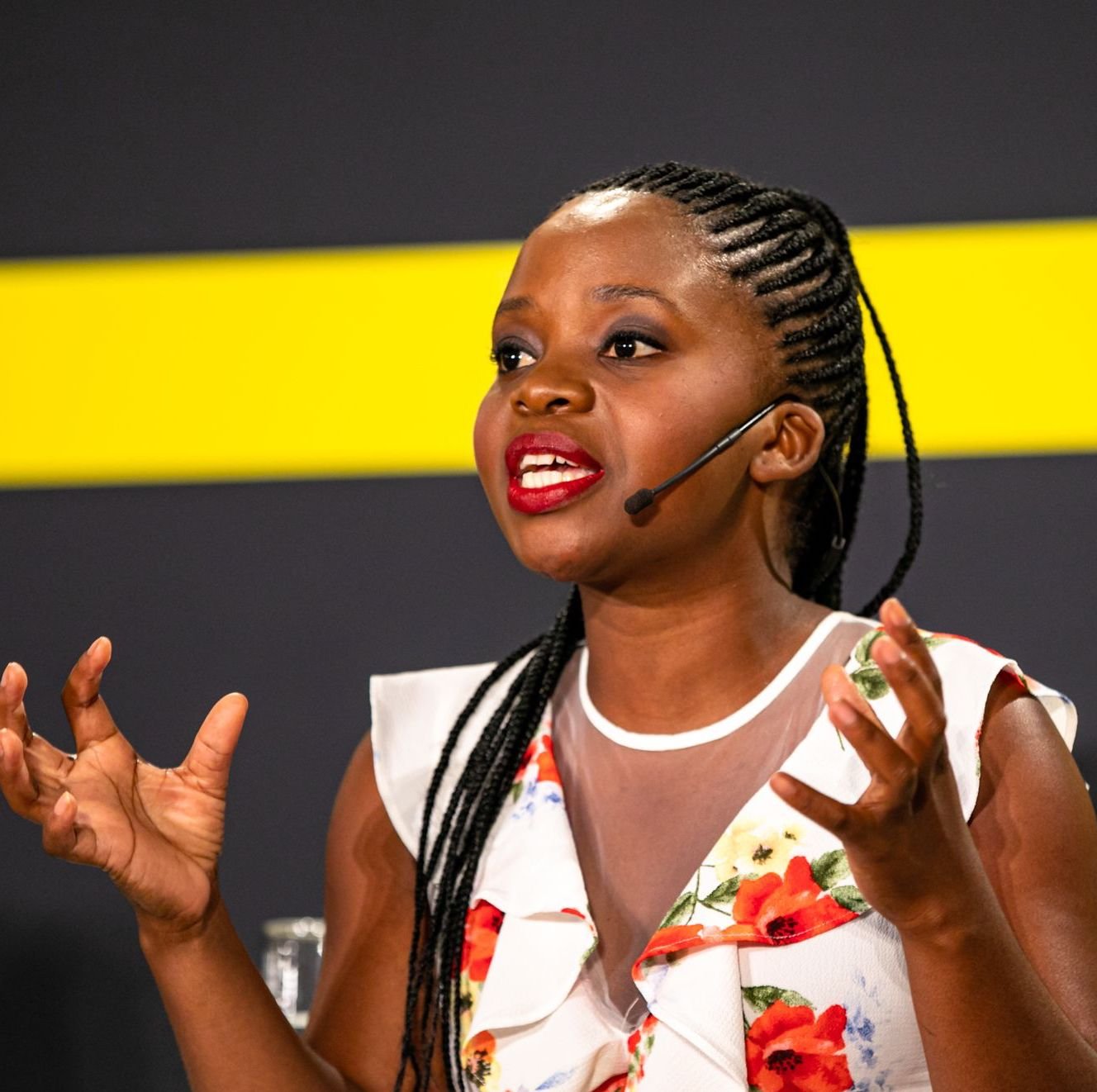Memory Banda - Founder and Director Foundation for Girls Leadership
/Human & Girls’ Rights Activist
Founder & Executive Director of Foundation for Girls Leadership
One thing that we should remember as young people is that everything allowed us is political by nature. We shouldn't be really scared of getting ourselves into different political aspects of issues around us. Be bold enough to speak out on the biggest challenges that are around you. And at the same time, it's in us to understand what kind of environment I am in? What is it that I can contribute to the problems that I am facing? That young people or people in general facing? So just go on. Be a part of that, and you'll be surprised that you will be the biggest game-changer.




















